-
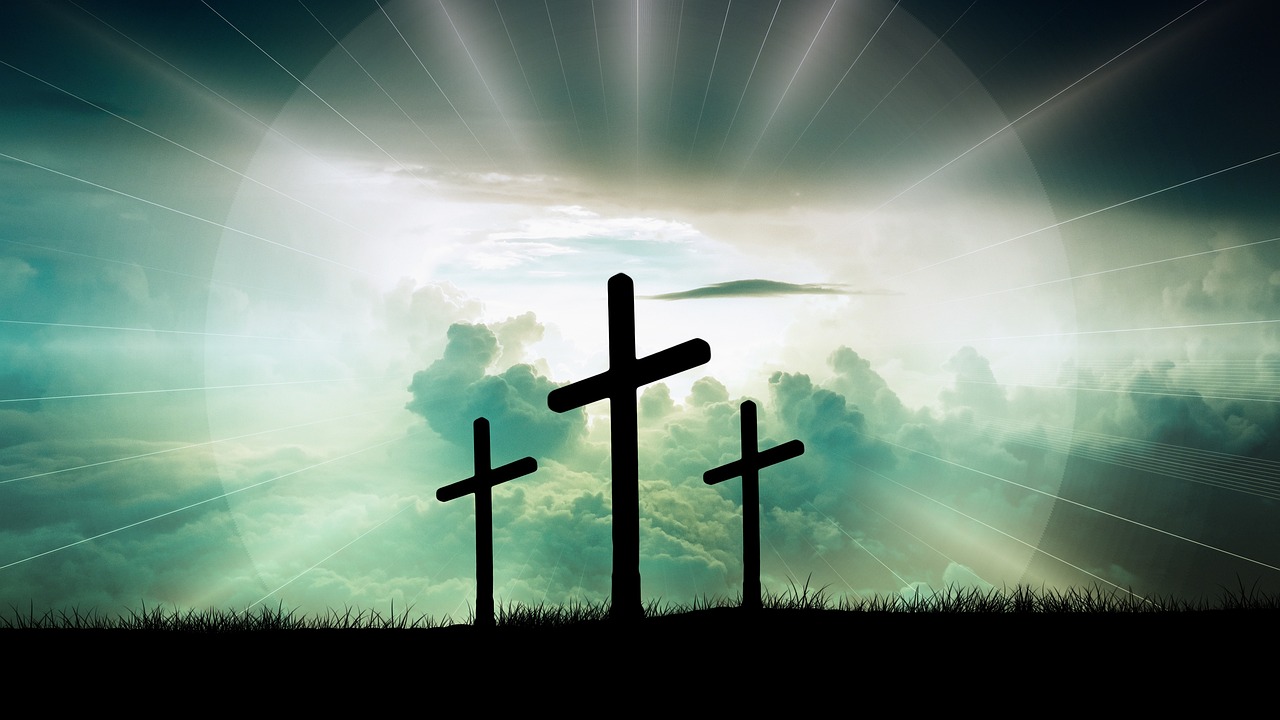
The Significance of Ra in Ancient Egyptian Beliefs Ra, also known as Re, stands as a pivotal figure in the pantheon of ancient Egyptian deities. As one of the earliest gods, he later merged with other deities, such as Horus, giving rise to Ra-Horakhty (symbolizing the morning sun), Amun (representing the noon sun), and Atum…
-
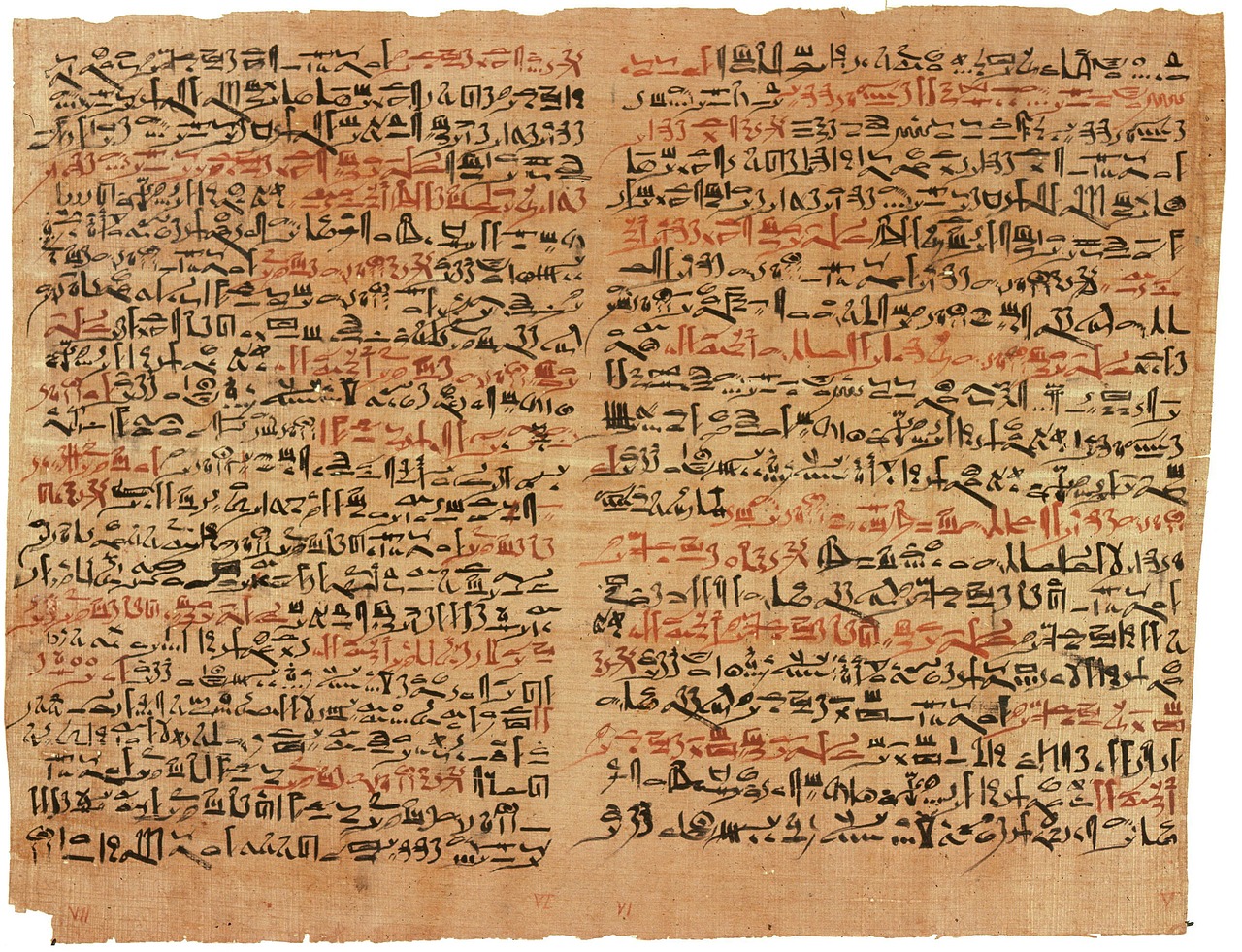
Exploring Ancient Egyptian Religion Overview of Ancient Egyptian Beliefs Ancient Egyptian religion encapsulates the indigenous beliefs of the civilization spanning from the predynastic era (around the 4th millennium BCE) to the eventual decline of traditional practices in the early centuries CE. To truly appreciate this ancient faith, one must understand its inherent ties to Egyptian…
-

Forget the widely known gods like Anubis, Horus, and Ra; let’s talk about Bes, arguably the most charming of all Egyptian deities! His short stature and prominent belly may not meet the standards of modern-day runway models, but his unique and whimsical visage captivated the hearts of the Ancient Egyptians and even spread throughout the…
-
The Nuckelavee: Nightmarish Creature of the Sea in Irish and Scottish Mythology Mythology often serves as a mirror to the anxieties and fears of the communities that pass down its stories, depicting formidable forces that threaten existence. Within the lore of Irish and Scottish traditions, the Nuckelavee stands out as one of the most feared…
-
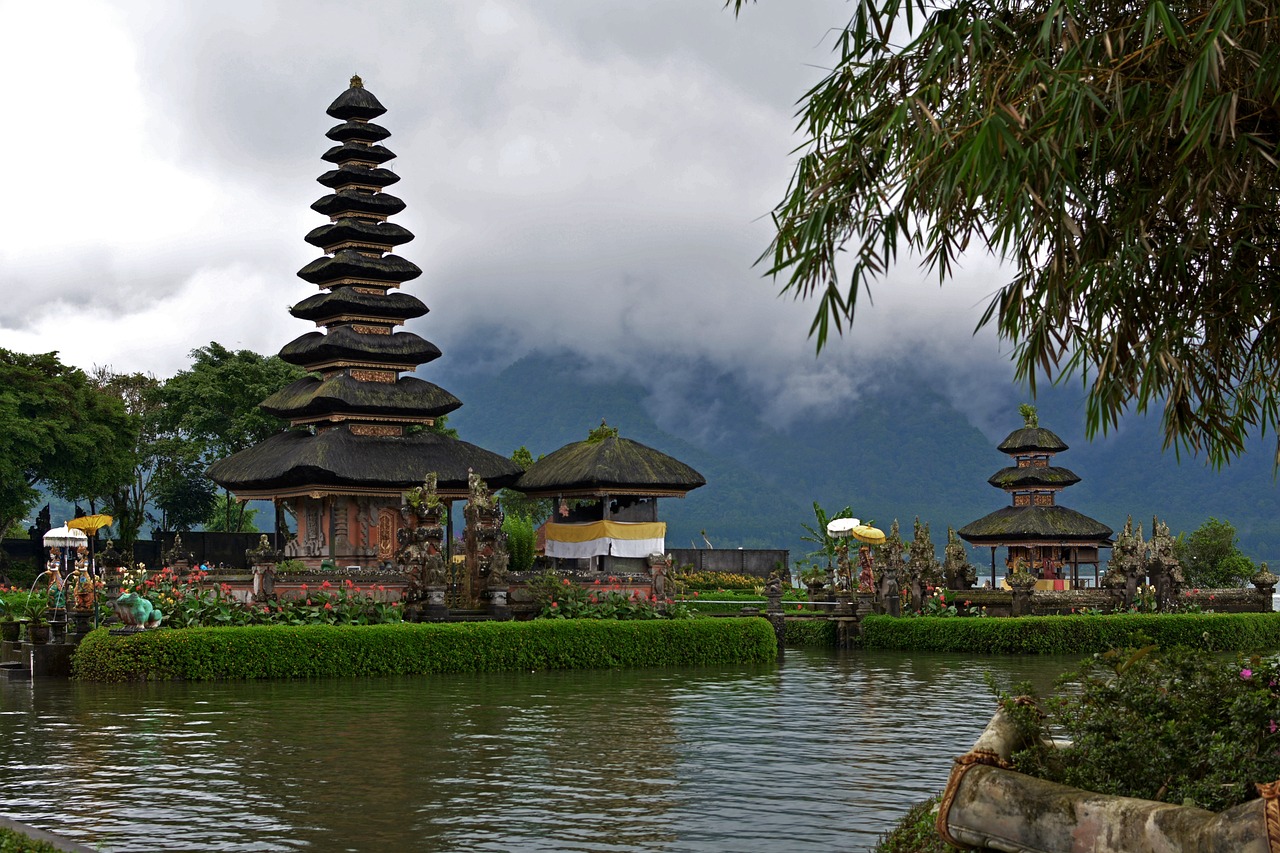
Overview The Irish goddess Danu is recognized as the progenitor from whom all members of the Tuatha Dé Danann, a mythological tribe, trace their ancestry. Despite her significant role in Irish mythology, much about Danu remains elusive. As an ancient figure, she is largely absent from the broader Celtic mythological narratives. Many researchers have attempted…
-
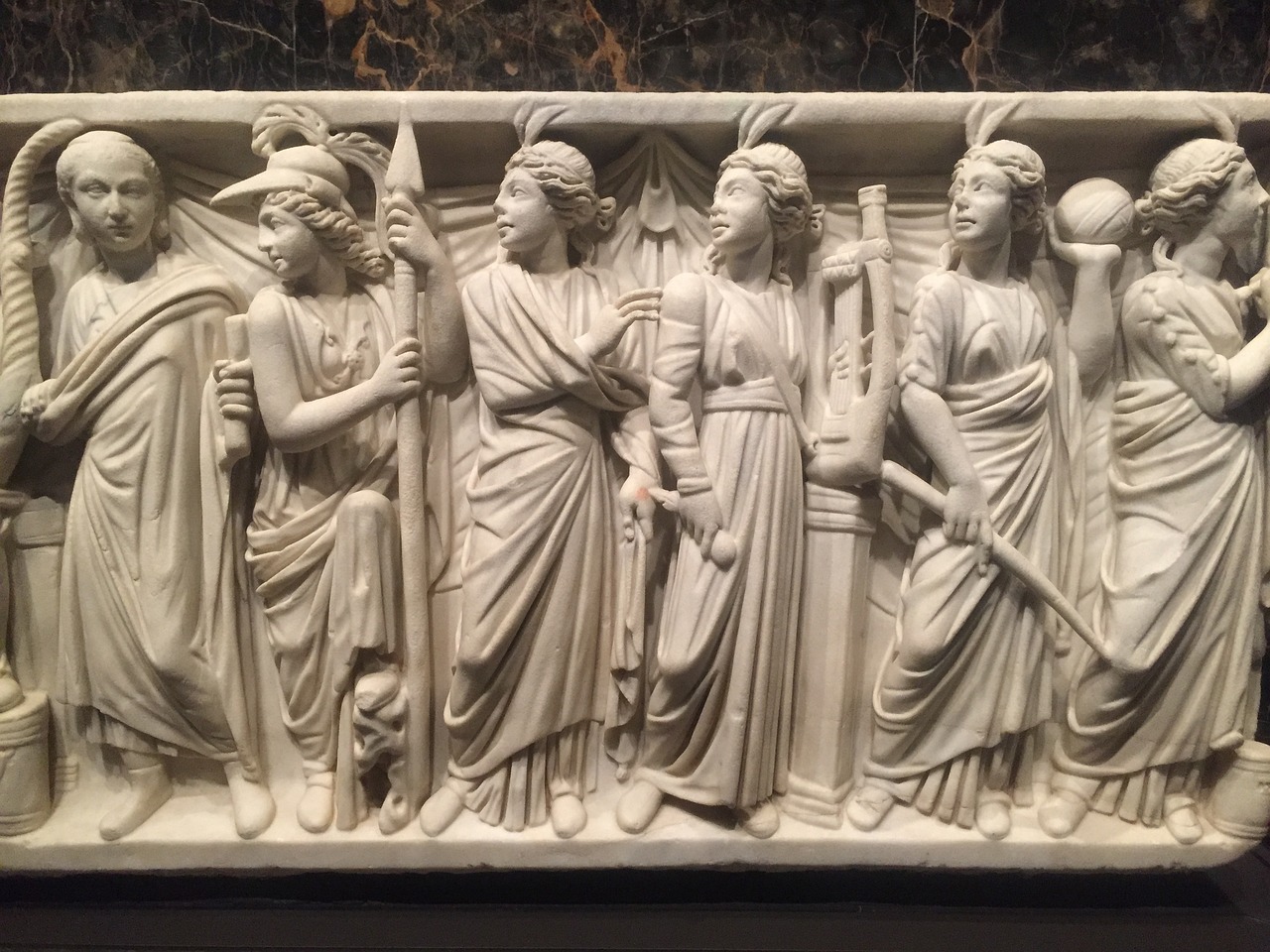
This curated gallery showcases various artistic interpretations of Apollo, the Greek god, along with his Roman counterpart. Revered as the deity of multiple domains such as music, poetry, art, oracles, archery, healing, and light, Apollo embodies a rich tapestry of mythology. His twin sister, Diana, known as the goddess of the hunt, is often depicted…
-

Managing personal finances can often feel like an uphill battle, even if you’ve already made some tough choices about cutting back on discretionary spending. You may have taken steps like preparing your own coffee instead of buying it, avoiding impulse purchases at stores, or skipping trendy brunch items. However, there remain those constant monthly costs…
-
Clíodhna, renowned as the legendary Queen of the Banshees, embodies the essence of the female spirits from the Tuatha Dé Danannan. She is particularly tied to the southern regions of Ireland, especially Cork. Celebrated for her divine attributes of love and elegance, she is often depicted with three enchanting birds, whose melodious tunes are said…
-
Background Aoife, known as “The Bright One,” was the daughter of Ailill from Aran and the foster daughter of Bodhbh Dearg, the ruler of the Tuatha Dé Danann. She was also the younger sister of Aobh, the first wife of Lir of SídhFionnachaidh. Stories of Aoife After the tragic passing of Lir’s wife during childbirth,…
-
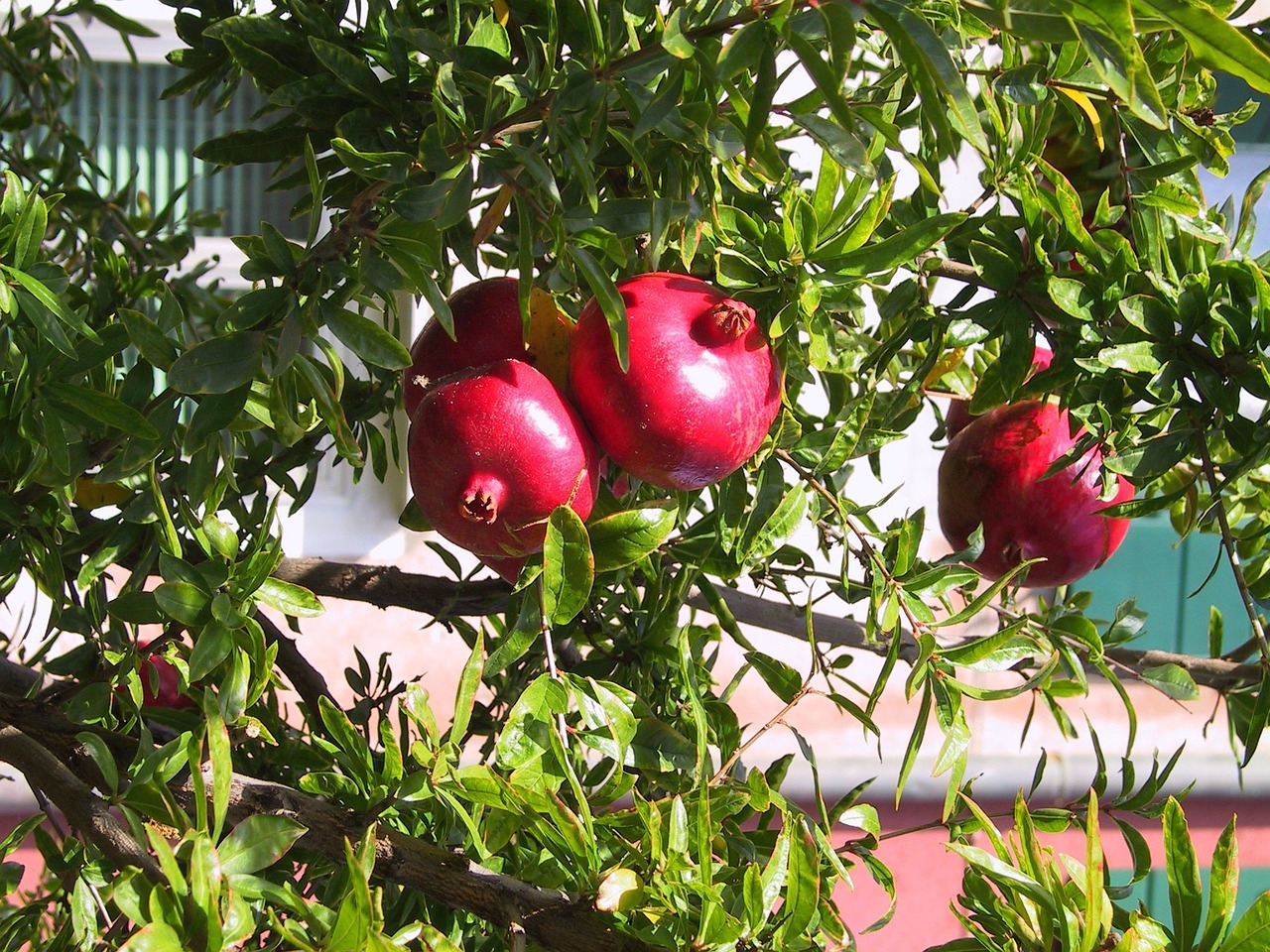
Persephone’s Ascension: An Artistic Tribute Attributed to the renowned Persephone Painter, this exquisite terracotta bell-krater, dating back to approximately 440 BCE, is currently displayed at The Met Fifth Avenue in Gallery 153. The artwork beautifully depicts the ascent of Persephone from the underworld on its obverse side, while the reverse features a serene libation scene.…


